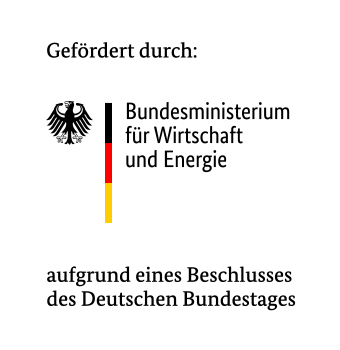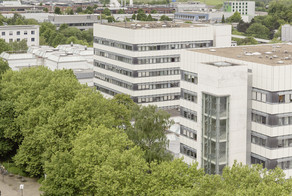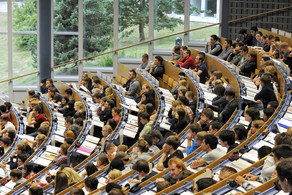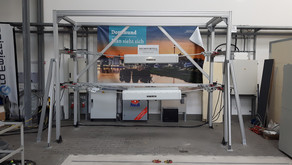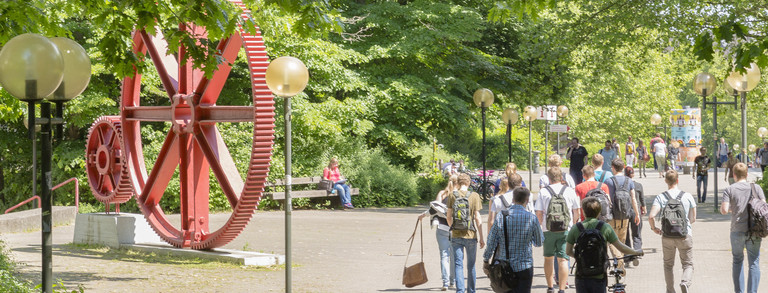NOX-Block
NOX reduction through the establishment of an efficient low-cost charging infrastructure in Dortmund, Schwerte and Iserlohn
The NOX-Block project aims to establish a substantial number of charging points in public, semi-public and private spaces in the three municipalities of Dortmund, Schwerte and Iserlohn. To this end, the cities are working in cooperation with the ie³ with the respective local utilities and technology provider to set up a full-coverage low-cost charging infrastructure in conjunction with mobile metering. In public spaces, the focus will be on integrating the charging infrastructure into street lighting.
In the course of the long-term efforts to realise a CO2-neutral energy supply based on renewable energies (RE), the tasks for the distribution networks are changing. While the tasks of rural grids are changing, especially due to the addition of photovoltaic and wind energy plants, the electrification of the transport sector in combination with new, power-intensive consumers for heat generation represents an enormous challenge for urban distribution grids.
Due to the capacity limits of individual equipment in the network, especially cables and transformers, only a limited proportion of the total available capacity can be allocated to a charging station. In addition, at peak times, i.e. when many electric vehicles (EVs) are charging simultaneously on the same grid, several areas of the grid can be overloaded. This change in power flows already creates load situations for which the electrical distribution networks were not designed.
The integration of the EVs into the distribution networks can result in considerable costs for the network expansion without a reasonable control. A charging concept that is as intelligent as possible is decisive for the comfort of the vehicle user and is therefore a decisive aspect for the success of electromobility. Therefore, a coordinated local interaction of vehicle, charging station and network is necessary for a reliable and optimal charging process.
In the foreseeable future, electric vehicles will replace conventional vehicles and charge them primarily in private and semi-public areas, whereby they will require 20% of the energy produced in future. The simultaneous power peaks of charging EVs occurring in this future scenario can overload the customer's system or even the local network. To protect the infrastructure, it is therefore necessary to control the power peaks. With intelligent charge control, the distribution network can be better utilised and expansion on the customer installation side as well as in the local network can be limited. A load management system can lead to a reduction of the simultaneity factor, which reduces the demands on the load capacity of the installation. Especially in buildings with several users, e.g. the basement of a multi-family house or a depot, a local load management system must be installed to avoid an expensive oversizing of the grid connection and the in-house electrical installation.
Such a load management system will be developed and installed within the framework of this project. On the basis of model-based grid simulations, different control concepts for intelligent grid management of the charging infrastructure will be developed.
Project Duration: 08.2018 – 09.2022
Project Partners:
- Stadt Dortmund, DEW21
- Stadt Schwerte, Stadtwerke Schwerte
- Stadt Iserlohn
- Heimatversorger Stadtwerke Iserlohn
- TU Dortmund, ie³ - Institut für Energiesysteme, Energieeffizienz und Energiewirtschaft
- BU Wuppertal
Sponsors
